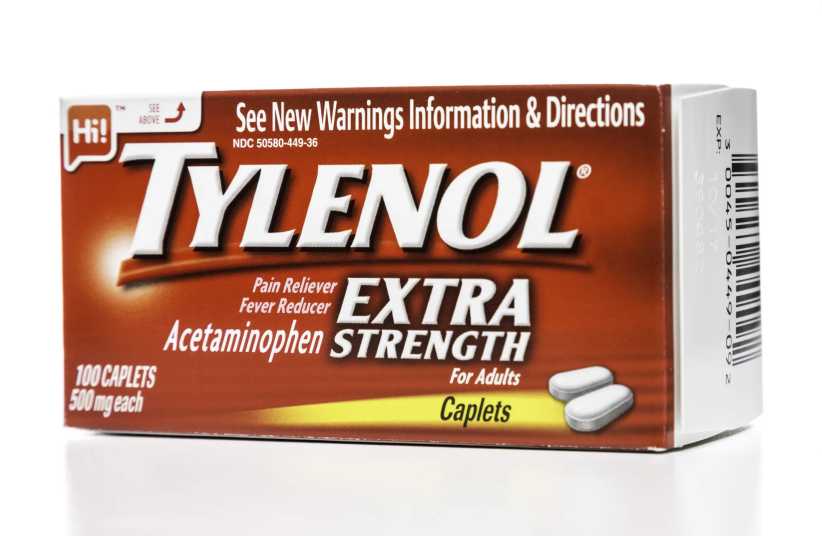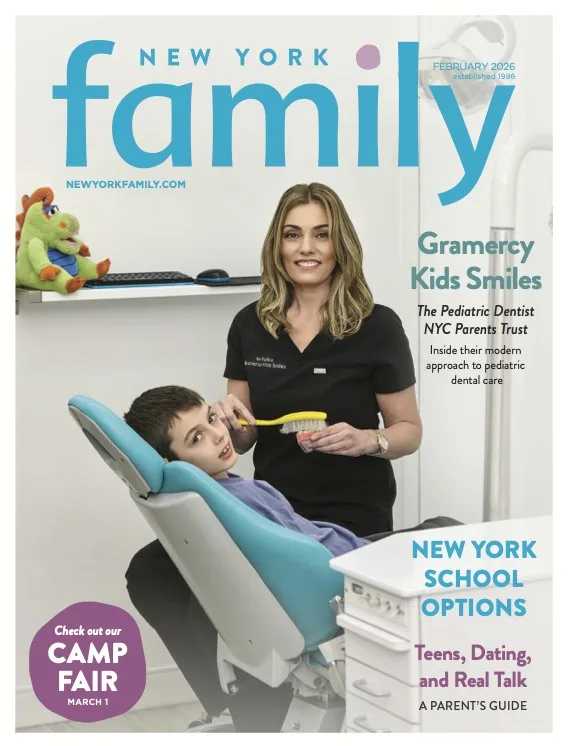
I’m a firm believer that babies and kids really don’t need to eat drastically different foods from the rest of the family. In fact, research shows that the earlier kids get used to eating the family diet, the better. As long as your family is eating a healthful diet, you can easily alter the texture of the food you’re eating to suit your baby’s needs. Below are some of my go-to meals that work well for feeding my 10-month-old daughter, and the rest of the family. She’s been eating most of these meals starting around age 7-8 months.
In general, I focus on feeding whole, minimally processed foods that pack a lot of nutrition into a smaller volume. Since babies’ tummies are tiny and can only hold small portions, you want to make those portions really count with nutrient-dense foods.
Remember, all babies develop at a different pace, and that includes their ability to mash food with their jaws, chew different textures, and pick up little pieces of food with their thumb and forefinger. Please check with your pediatrician about introducing solids before you begin. Also, remember the saying “foods before one are mostly for fun.” In other words, before one year, solids serve as complimentary nutrition and mostly as a learning and developing experience for baby. Solid food should not replace breast milk or formula feedings.
Breakfast
Cooked rolled oats topped with plain yogurt and fruit: Simmer rolled oats in water until soft (about 5 minutes), then lightly mix with plain organic whole milk yogurt and soft fruit (my daughter’s favorites are organic raspberries, blueberries, strawberries, bananas, really ripe pears, cooked apples, and mango) or thawed frozen fruit. For an adult version, just add nuts, a splash of milk or almond milk, and a small drizzle of maple syrup, if desired.
Nutrition Note: I ground the oats into a finer consistency at first, but we graduated to regular whole rolled oats around 7 months.
Whole wheat French toast with strawberries: Dip whole wheat bread in a mixture of egg, cinnamon, vanilla, whole milk, and orange zest. Cook in a skillet with coconut oil or butter over medium-low heat until golden, but not crispy. Cut-up into small square pieces that are easy to pick up with tiny hands and serve with strawberries and plain whole milk yogurt.
Spinach herb omelet: Whisk an egg with a dash of water, finely chopped baby spinach, and fresh herbs such as parsley, chives, basil, or cilantro. Pour into a small skillet sprayed with olive oil and cook over medium-low, folding over into an omelet shape until eggs are just firm.
Nutrition Note: Eggs are a very nutritious food for baby–rich in protein, fat, and nutrients important for baby’s brain, including choline. Some pediatricians advise waiting to introduce egg whites (you can introduce the egg yolk almost as soon as 6 months) until baby is slightly older, especially if there is a family history of food allergies and/or eczema. Ask your pediatrician if you aren’t sure.
Lunch/Dinner
Avocado tuna salad: Combine flaked canned tuna with mashed avocado, lemon juice, garlic powder, and a touch of olive oil (if it needs a little more moisture). This is one of my daughter’s favorite meals. I often serve it with tiny cubes of whole wheat bread or a side of quinoa fruit. I’ve also subbed in canned salmon or chopped/shredded chicken for the tuna, which also work well. For the adult version, add the tuna salad to whole wheat toast or pita, or use it on top of greens with other salad veggies.
Salmon, quinoa, avocado, and zucchini bowl: Broil salmon spritzed with olive oil, lemon or lime juice, and fresh herbs (a couple combinations I like are cilantro, lime, and cumin; parsley, lemon, and paprika) for 4-5 minutes per side, depending on the thickness of the fillet. Serve salmon, cut into small pieces, with quinoa tossed with an olive oil drizzle, avocado cubes, and finely chopped sautéed or roasted zucchini.
Nutrition Note: Quinoa is a great whole grain for baby because it’s soft, fluffy, has a mild flavor, and is rich in fiber and protein. Salmon provides important omega-3 fatty acids for healthy brain development.
Baked tofu, roasted sweet potato fries, and roasted red pepper: Cut drained and seasoned firm tofu and red peppers into equal size squares (about 1/2 inch). Peel the sweet potato and slice into 1/4 inch-thick fry shapes. Season the tofu, pepper, and sweet potatoes with paprika, garlic, olive oil, and a dash of balsamic vinegar. Spread evenly (no overlap) on a baking sheet lined with foil. Bake for 15-20 minutes at 400 degrees F, or until sweet potatoes and red pepper pieces are soft enough for baby to eat. The great thing about this recipe is that it’s made all on one baking sheet. Plus the foil makes the cleanup process a snap.
Roasted asparagus and lemon cod with quinoa: Brush trimmed asparagus spears with olive oil. Brush a cod filet with lemon and olive oil, then top with whole wheat bread crumbs mixed with olive oil or butter and fresh herbs. Roast asparagus and cod together on a baking sheet lined with foil at 400 degrees F. Remove cod after 12-13 minutes, or once fully cooked, then remove asparagus after 15 minutes, or when soft. Cut into small pieces for baby (I typically remove the very top part of the asparagus heads for baby–they seem like they might be more challenging to eat). Serve with a side of quinoa tossed with a drizzle of olive oil.
Stephanie Clarke is a registered dietitian, nutritionist and co-owner of C&J Nutrition, an NYC- and Washington, DC-based nutrition communications, consulting, and workplace wellness company. She is also a contributing nutrition expert for SELF magazine and a consultant for Bumble Bee Seafoods (to learn more about Bumble Bee Seafoods, visit bumblebee.com)! Stephanie holds a Master of Science degree in Nutrition Communications from Tufts Friedman School of Nutrition Science and Policy. She lives in the DC area with her husband, 10-month-old daughter, and cat.













